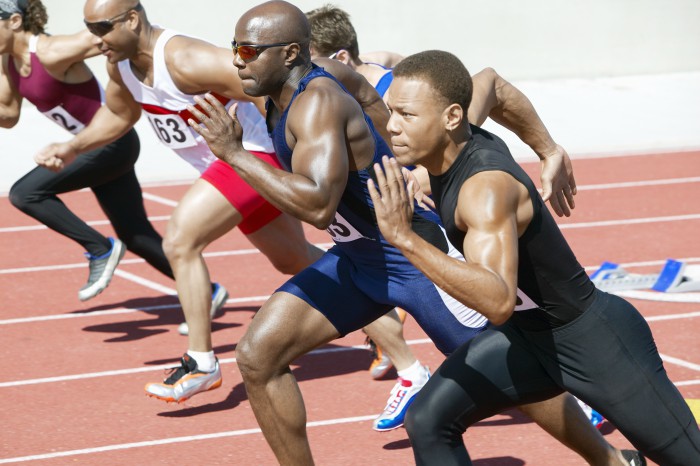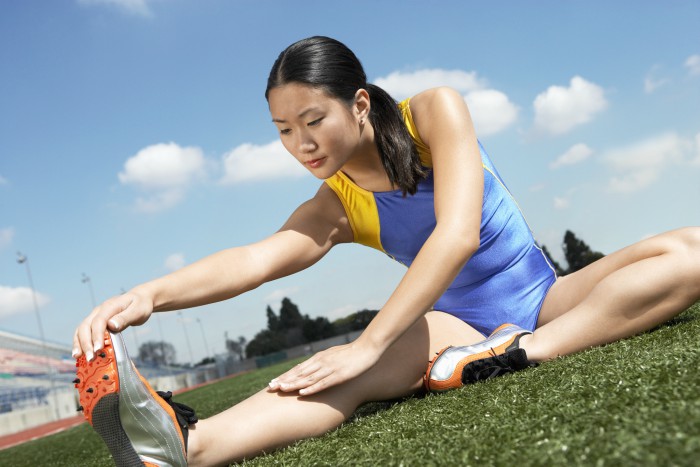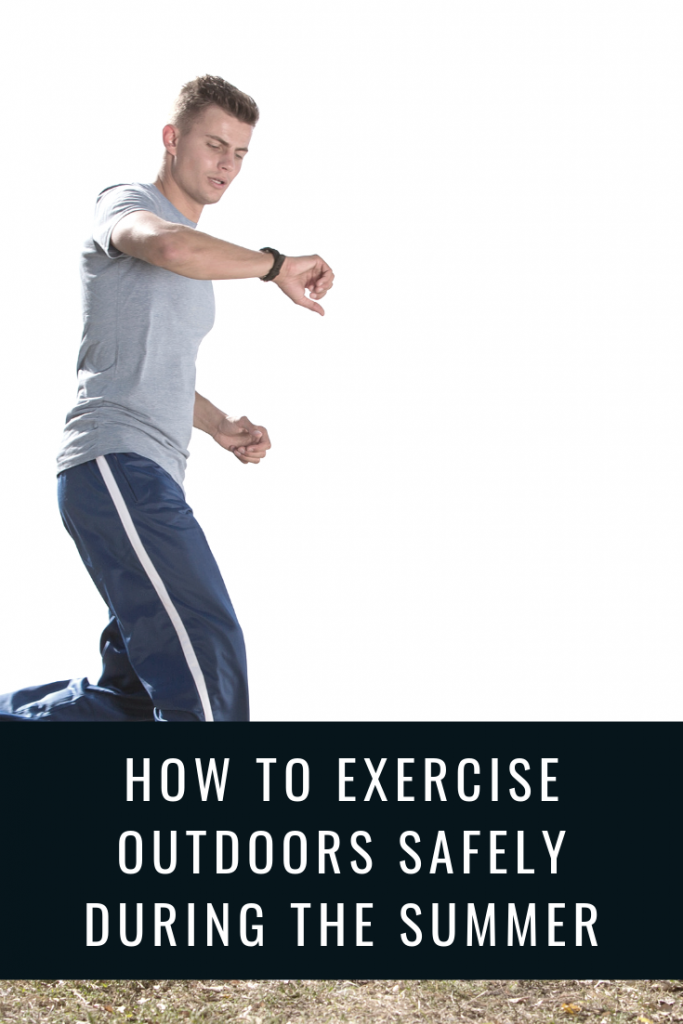It is important that you plan to exercise outdoors safely during the summer. Exercising outdoors can be a rewarding and fun experience but you must exercise outdoors safely during the summer. However, you can risk hyperthermia or elevated body temperature during the summer months. Aside from elevated body temperature, overheating can lead to heat stroke, loss of consciousness, and, in some cases, can land you in the hospital.
How to Exercise Outdoors Safely During the Summer
Here are a few tips on how to exercise outdoors safely during the summer.
Hydrate
Drinking ample amounts of water will prevent you from getting dehydrated. Dehydration can reduce the amount of sweat you produce. Sweat is necessary to help cool off your body.
Being dehydrated is one of the more serious aspects of overheating, and it can leave you feeling exhausted and ill. In addition to drinking plenty of water, you should stay on top of any fluctuations in humidity with your local radar weather app. An unexpected increase in humidity may leave you thinking that you don’t need water when your body needs hydration the most.

Keep Up with the Current Weather
Check your weather radar to avoid unexpected heat spikes during your outdoor adventure. While having an extended forecast at your fingertips with your local news app is handy, nothing beats the precision of using the weather radar app to give you instant weather updates.
Monitor Your Body Conditions
Pushing yourself during exercise is great, but you should be aware of anything that indicates a serious problem. If you are becoming dizzy, seeing flashes, or otherwise feeling ill, it is better to stop and figure out the problem than to continue pushing through your workout. Besides your weather radar app, you can also download exercise apps that can help you gauge when you are overdoing things.
Stop and Take Frequent Breaks
Heat exhaustion and heatstroke can happen very quickly, so if you start feeling dizzy or sweating excessively, you should take a break in the shade or get indoors if possible. Excessive sweating is your body’s natural way of cooling the body off. It is important to make sure that you are replacing the fluids that your body is losing.

If too much water and salt in your body are lost and it isn’t replaced quickly, you will likely notice the signs or symptoms of heat exhaustion, heatstroke, or even death in severe circumstances. In addition to drinking water as mentioned above, you will also want to replace electrolytes by drinking sports drinks.
If you have a cell phone, you should call for help if you have any of the following symptoms: nausea, vomiting, excessive sweating, headache, dizziness, fainting, cold or clammy skin, muscle cramps, fatigue, weakness, rapid or shallow breathing, and rapid or weak pulse. Do take off your shirt and soak it with water to place it on your forehead or on the back of your neck. It is important to seek medical care as soon as possible.
While exercise is important, it can also be dangerous. Keeping an eye out on the weather and maintaining self-awareness will ensure that your exercise routine is helpful, instead of harmful. Please don’t try to go out and exercise outside during the summer if you have been living a sedentary lifestyle. Doing so could cause heat-related illnesses easier and put you at risk for injuries. Instead, work out indoors at a gym or at home.


